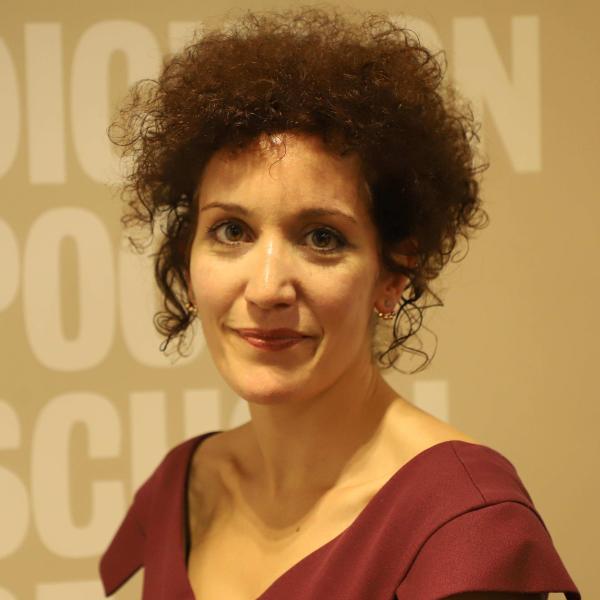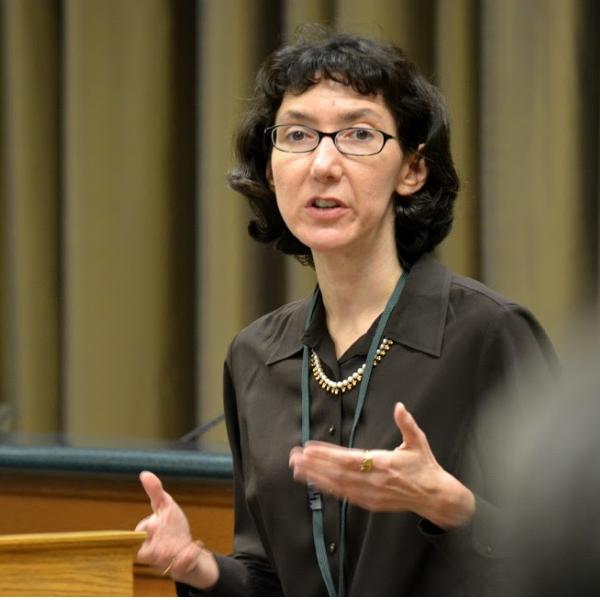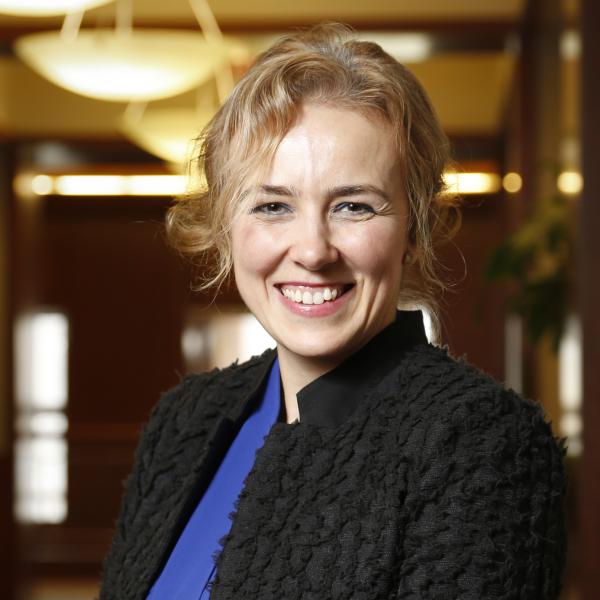Where is the Care in Caremark?
Key Finding
An unacknowledged objective, ordinary care standard now underpins the contemporary application of Caremark duties.
Abstract
The essence of corporate law lies in its relationship to expertise and its control–empowering experts to further the purposes for which the corporation is formed and providing mechanisms that can control those experts. There is no fixed or optimal balance between the values of expertise and control; corporate law shifts and moves between them, roughly reflecting the societal valences of the time. Following Gerald Frug on bureaucracy, the dominant doctrinal and policy expression of this tension between expertise and control in corporate law are the ideas of, and the relationship and movement between, subjectivity—which focuses on the individual expression of expertise—and objectivity which enables law to incorporate communal expectations of behavior and control. The doctrinal portals in corporate law for these subjective and objective ideas of control are the duty of care and the loyalty obligations imposed on directors. Within these doctrines, the subjective and the objective supplement and compete with each other, sometimes threatening and replacing the other. At all times although one is dominant, the other remains present, if not always seen, leaving its imprint on law and practice. This movement between the subjective and the objective provides law’s means of mediating between expertise and control and thereby maintaining the legitimacy of corporate law. The article explores the movement and relationship between subjective and objective forms of control in the context of a director’s organizational governance responsibility—the responsibility directors have to ensure that the corporate power they delegate throughout the corporation is used for the purposes of the corporation. The article interrogates the evolution of these forms of control in Delaware corporate law to show how, through its adoption of Caremark duties, the Delaware courts circuitously settled on a subjective standard. And it shows how an objective standard of care, although formally rejected as a means of controlling directors in this context, formed Caremark duties at the very moment of the subjective embrace. This hidden objective supplement allows Delaware law to adjust to legitimacy pressures. The article shows how in our post-financial crisis, sustainable-capitalism-focused world this hidden objective supplement explains the recent sea change in the application of Caremark duties by the Delaware courts. The article calls for Delaware courts to recognize the real objective drivers of their decisions and to subject them to legal sunlight.






